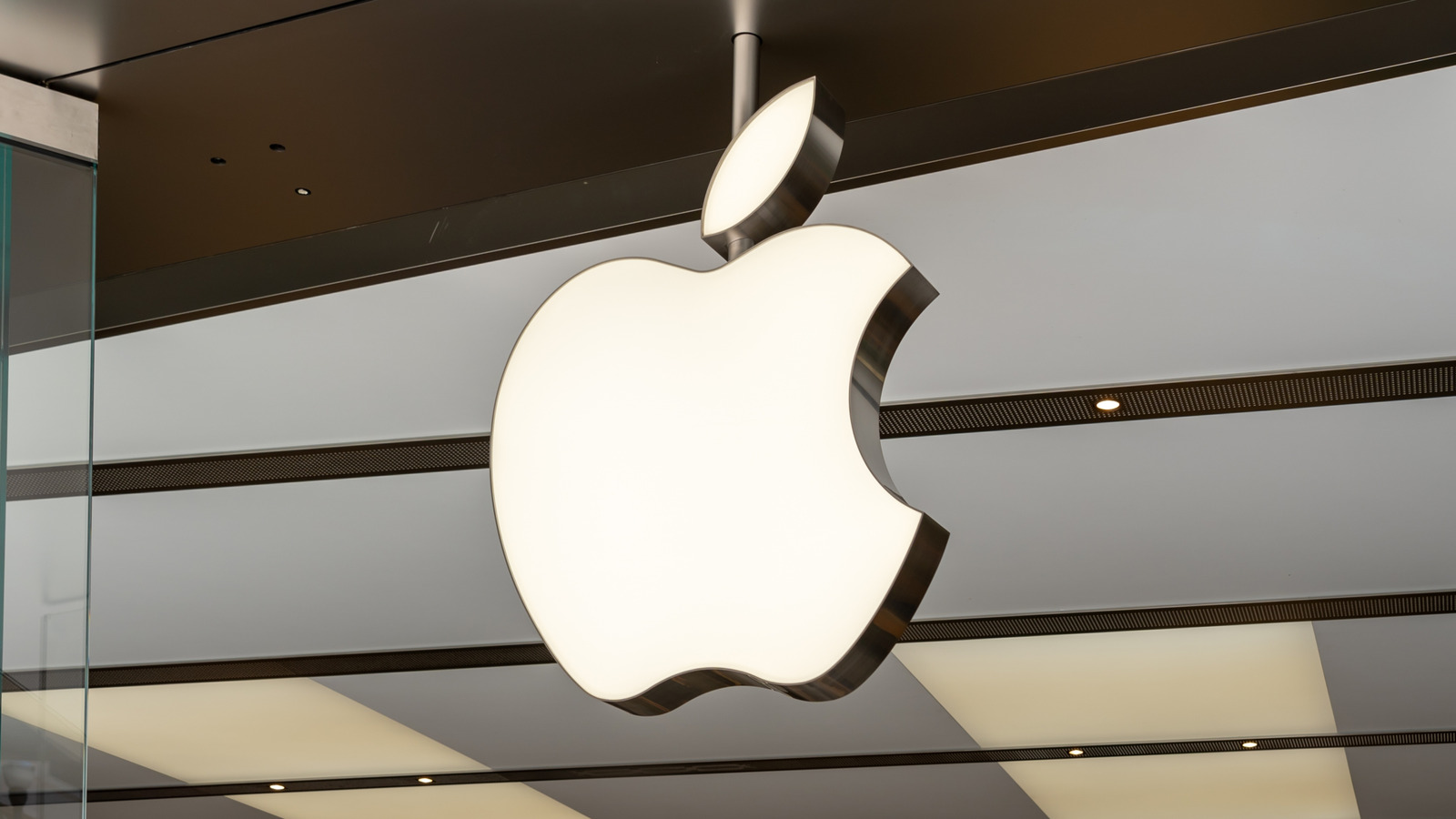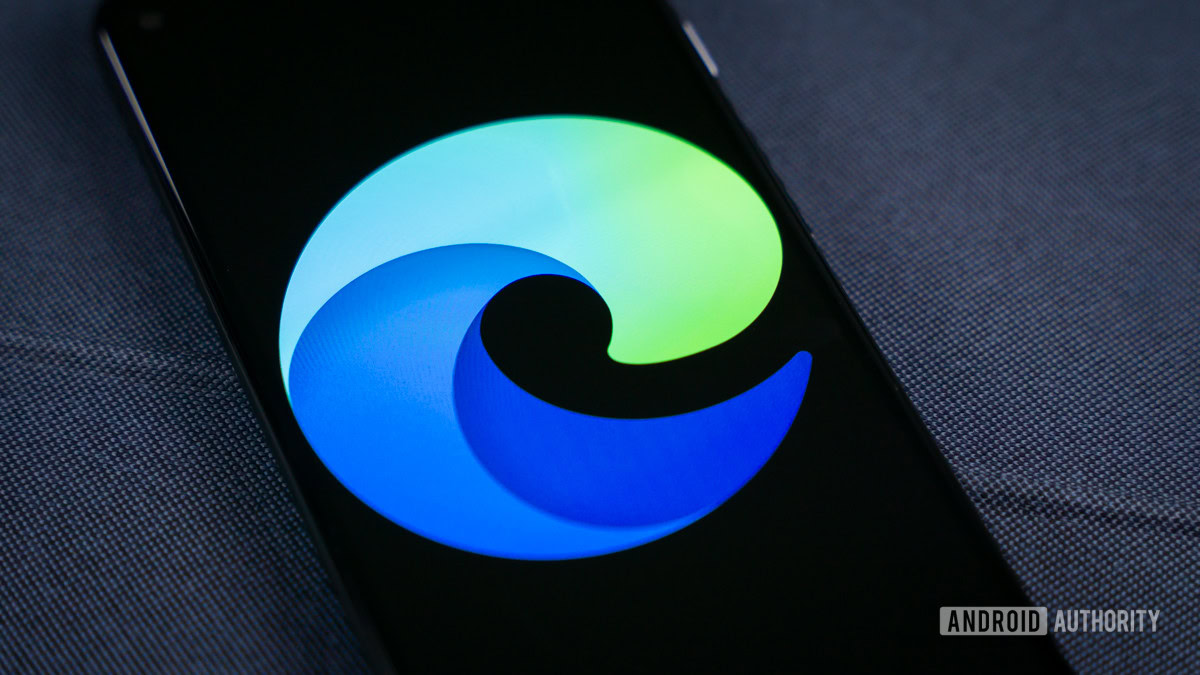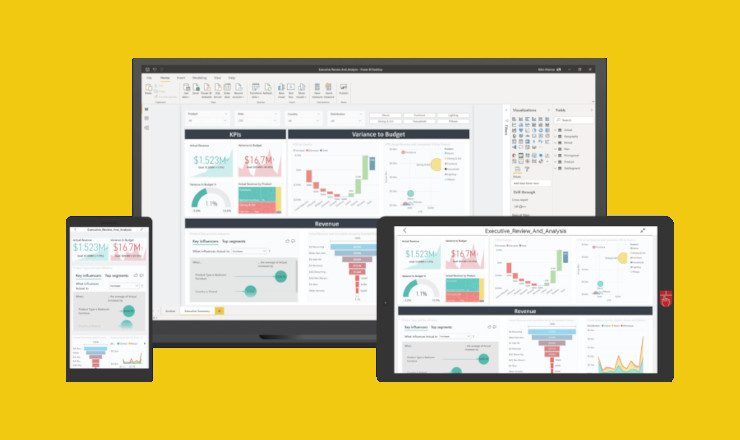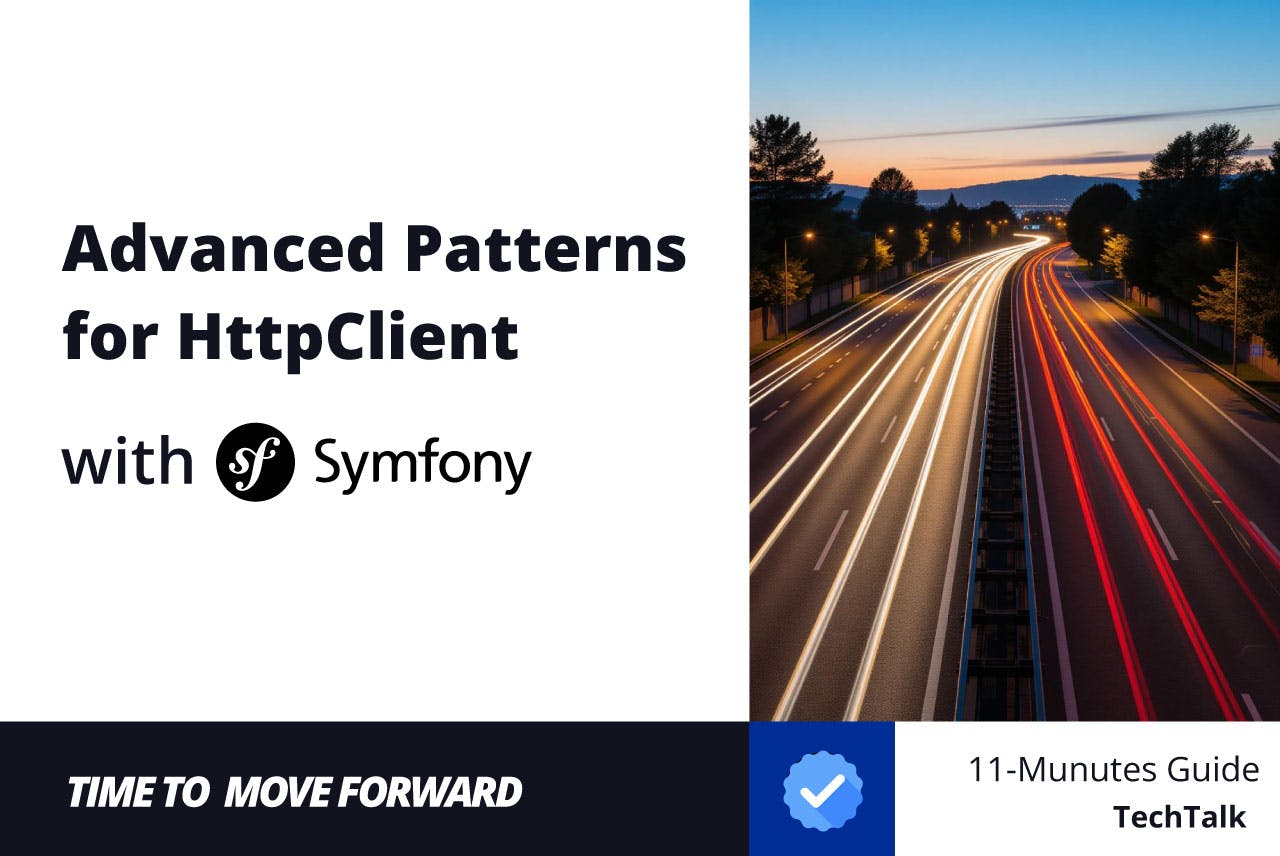Samsung Notes gets the job done—until it doesn’t. Maybe you started with a quick grocery list or some casual doodles during a meeting. But as your note-taking needs grew—class notes, project plans, research outlines—you might have noticed the limits creeping in.
Cross-platform syncing becomes tricky. Collaboration feels out of reach. And your notes? Stuck inside one ecosystem.
The reality is simple: what works well for simple lists or handwritten memos often falls short when you’re managing complex digital text files or trying to stay organized across devices.
That’s why many students, professionals, and productivity enthusiasts start looking for better organization tools. They want a note-taking app that not only manages notes but also supports collaboration, richer formatting, and seamless access from anywhere.
In this guide, we’ve rounded up 10 of the best alternatives to Samsung Notes to help you streamline your workflow. Spoiler alert: takes the top spot!
Best Samsung Notes Alternatives For Digital Note-Taking
Limitations of Samsung Notes
The Samsung Notes app is polished and has some great features, but let’s be honest: it’s built with Samsung users in mind, and that brings some unavoidable limitations:
- Limited cross-platform support: Best suited for Samsung phones and S Pen, with clunky or no support on Windows, iOS, and web browsers
- Basic collaboration: No built-in team collaboration tools or tools for sharing in real time
- Storage lock-in: Notes are synced mainly through Samsung Cloud, which can complicate migration to other ecosystems
- Feature simplicity: Great as a basic note-taking tool, but this free app lacks advanced options like task linking, AI summaries, or database-style organization
- Handwriting limitations: While solid, its handwriting recognition isn’t as advanced as competitors like GoodNotes
💡 Pro Tip: The Outline Note-Taking Method is a game-changer if you’re looking to organize notes in a clean, logical flow. By structuring your notes hierarchically—using headings, subheadings, and bullet points—you can capture key ideas and details in a way that’s easy to scan and review later. It’s especially handy for meetings, lectures, or any situation where information comes at you fast and needs to be broken down quickly.
Samsung Notes Alternatives at a Glance
Here’s your cheat sheet of the top Samsung Notes alternatives—who they’re best for, what they offer, and exactly what they’ll cost you (all prices in USD).
| Tool | Key Features | Best for | Pricing* |
| Instantly convert notes to tasks, collaborative Docs, and Whiteboards. Create AI meeting summaries, and search through all your notes with Connected search | Individuals, small businesses, mid-market, and enterprises | Free plan available; Customizations available for enterprise | |
| Evernote | Instantly convert notes to tasks, Collaborative Docs and Whiteboards, AI meeting summaries, and Universal search | Individuals, small businesses | Free plan available; Paid plan starts at $14.99 |
| Notion | Customizable workspaces and databases, Linked pages and templates, Real-time collaboration, Integrations | Individuals, small businesses, mid-market | Free plan available; Paid plans start at $12 |
| Obsidian | Markdown support, Local storage and privacy, Graph view for linking notes, Plugin ecosystem | Individuals, small businesses | Free plan available; Paid add-ons start at $5 |
| Microsoft OneNote | Handwriting and drawing, Deep MS Office integration, Audio notes, Cross-device sync | Individuals, small businesses, mid-market, and enterprises | Free plan available; Included with Microsoft 365 |
| Google Keep | Quick notes and checklists, Voice-to-text, Color coding and labels, Location/time reminders | Individuals, small businesses | Free plan available |
| Apple Notes | iCloud sync, Handwriting/sketching, Note locking, Real-time collaboration | Individuals, small businesses | Free (with Apple device) |
| Joplin | End-to-end encryption, Markdown support, Plugin library, Web clipper | Individuals, small businesses | Custom pricing |
| GoodNotes | Handwriting-to-text, PDF markup, Digital notebooks, Search handwritten notes | Individuals, small businesses | Free plan available; Paid plans start at $6.99 |
| Standard Notes | End-to-end encryption, Markdown & rich text, Cross-platform sync, Productivity extensions | Individuals, small businesses | Free plan available; Paid plans start at $63 |
The Best Samsung Notes Alternatives to Use
How we review software at
Our editorial team follows a transparent, research-backed, and vendor-neutral process, so you can trust that our recommendations are based on real product value.
Here’s a detailed rundown of how we review software at .
If you’re serious about stepping up your note-taking game, it’s worth knowing what each app actually brings to the table (and where they might trip you up).
Some tools are built for laser-focused writing, while others thrive on flexibility, letting you brainstorm, plan, and collaborate all in one place.
We’ve broken down each Samsung Notes alternative below—what it’s best at, what you should watch out for, and what real users are saying—so you can find your perfect fit without trial and error.
1. (Best for all-in-one productivity with task management)
Samsung Notes is great for quick lists, but what if your notes need to do something? That’s where , the everything app for work, changes the game. You’re not just writing down thoughts; you’re turning them into tasks, collaborative docs, and full-scale projects.
Whether you’re brainstorming ideas, keeping meeting notes, or managing full projects, lets you do it all—without ever switching tabs.
Plus, with AI-generated summaries with Brain within Docs and Notepad, you can tidy up your notes in seconds.


Docs
Enter Docs, where your notes transform into dynamic, collaborative documents. You can create nested pages, add rich text, embed media, and even link tasks directly inside your doc. Now, your brainstorming and execution live side by side.
Unlike Samsung Notes, which keeps your notes static, keeps them actionable.What’s more, you can use Docs to refine your notes and writing with Brain!


Notepad
And if you need something more basic? Notepad is a simple tool for jotting down ideas on the fly. It’s lightweight, distraction-free, and perfect for capturing thoughts when inspiration hits. But where really excels is its ability to let you do more with your notes.


With just a few clicks, you can turn a note into a task using Tasks—complete with due dates, assignees, and reminders. Goodbye, forgotten ideas.


Whiteboards
For visual thinkers, also offers Whiteboards—a flexible space to brainstorm ideas, map out workflows, or sketch project plans. It’s ideal when sticky notes and linear lists just won’t cut it.


AI Notetaker
And let’s not forget the star player: the AI Notetaker.


This tool automatically records, transcribes, and summarizes your meetings—freeing you from the scramble to jot things down in real time. No more juggling concentration or notes at the same time.
best features
- Instantly transform meeting transcripts into actionable tasks with AI
- Customize Docs with templates, bookmarks, and rich media embeds
- Keep brainstorming sessions organized with drag-and-drop Whiteboards
- Create nested subpages in Docs to structure complex projects with ease
- Manage task statuses and priorities directly within your notes
- Search across tasks, notes, and Docs instantly with Connected search
- Sync updates in real time so your entire team stays aligned, anywhere
limitations
- The mobile app offers fewer editing features than the desktop version
pricing
free forever
Best for personal use
Free Free
Key Features:
unlimited
Best for small teams
$7 $10
Everything in Free Forever plus:
business
Best for mid-sized teams
$12 $19
Everything in Unlimited, plus:
enterprise
Best for many large teams
Get a custom demo and see how aligns with your goals.
Everything in Business, plus:
* Prices when billed annually
The world’s most complete work AI, starting at $9 per month
Brain is a no Brainer. One AI to manage your work, at a fraction of the cost.
Try for free
ratings and reviews
- G2: 4.7/5 (10,000+ reviews)
- Capterra: 4.6/5 (4,000+ reviews)
What are real-life users saying about ?
A TrustRadius review says-
💡 Pro Tip: The Cornell Note-Taking Method is perfect for organizing notes with built-in review. It splits your page into sections: a main note area, a cue column for keywords or questions, and a summary space at the bottom. This layout helps you actively engage with your notes, making them easier to recall and study later—great for students or professionals prepping for meetings and presentations.
2. Evernote (Best for web clipping and multi-format note capture)
Got a million tabs open and nowhere to save them? Evernote’s got your back. Known for its powerhouse Web Clipper, Evernote makes it effortless to grab articles, PDFs, images—even whole web pages—and stash them neatly for later. It’s the ultimate catch-all for researchers, writers, and anyone who loves collecting ideas from everywhere.
While Samsung Notes sticks to basic text and drawings, Evernote brings serious versatility. You can organize your content into notebooks, tag notes for easy searching, and even embed checklists, audio, and attachments all in one place. Offline access means your notes are always within reach—whether you’re commuting or on a plane.
If you need a digital filing cabinet that’s built for capturing everything—not just your own thoughts—Evernote easily outpaces Samsung Notes in both depth and flexibility.
Evernote best features
- Pin important notes to the top of any notebook for quick access
- Set due dates and reminders to keep track of task deadlines
- Annotate PDFs directly within your notes
- Scan handwritten memos or notes and make them searchable
- Share notes or entire notebooks with teammates with just a click
- Sync automatically across multiple devices for real-time updates
Evernote limitations
- The free plan limits syncing to two devices
- Can feel cluttered without good organization habits
Evernote pricing
- Free
- Personal: $14.99/month
- Professional: $17.99/month
Evernote ratings and reviews
- G2: 4.4/5 (2,000+ reviews)
- Capterra: 4.4/5 (8,000+ reviews)
What are real-life users saying about Evernote?
A G2 review reads:
💡 Pro Tip: The Sentence Note-Taking Method is all about speed and simplicity. You jot down every new piece of information as a separate sentence, helping you capture details quickly without worrying about structure. It’s a solid go-to when information is flying fast, like in lectures, brainstorming sessions, or rapid-fire meetings.
3. Notion (Best for customizable workspaces and databases)
Unlike Samsung Notes, which keeps things basic with folders and text, Notion lets you build connected systems. You can link notes, embed videos, create dynamic tables, and even run full project dashboards. Real-time collaboration and customizable templates make it easy to scale your setup, whether you’re working solo or with a team.
If you’re ready to ditch flat notes and start building something bigger, Notion gives you the freedom and flexibility that Samsung Notes just doesn’t.
Notion best features
- Build linked databases for organized, dynamic content
- Drag and drop images, code blocks, and embeds
- Collaborate live with team members on shared pages
- Set up recurring tasks and reminders
- Connect Notion with tools like Slack, Google Drive, and Trello
- Duplicate community-made templates to save time
Notion limitations
- Offline mode can be hit or miss
- Search slows down with large setups
Notion pricing
- Free
- Personal: $12/month per user
- Professional: $24/month per user
- Enterprise: Custom pricing
Notion ratings and reviews
- G2: 4.7/5 (6,000+ reviews)
- Capterra: 4.7/5 (2,500+ reviews)
What are real-life users saying about Notion?
A Capterra review says:
4. Obsidian (Best for markdown lovers and local-first notes)
Obsidian is where your notes stop being static and start coming to life. Designed for writers, researchers, and big thinkers, it turns plain text into a web of interconnected ideas that grows with you.
Every note is saved as a local Markdown file, giving you full privacy and control—no cloud required. Its graph view is a standout, mapping out relationships between your notes like a visual mind map. You can link ideas on the fly, customize your setup with powerful plugins, and shape your workspace exactly how you want it.
Whether you’re building a personal wiki, writing a book, or just love the idea of a second brain, Obsidian offers the flexibility and creative freedom that Samsung Notes can’t touch.
Obsidian best features
- Customize your workspace with community plugins and themes
- View a live preview of Markdown formatting as you type
- Create internal links between notes with a simple [[ ]] shortcut
- Organize notes into folders or use tags for flexible sorting
- Navigate easily with backlink and graph navigation panes
- Export your entire knowledge base as plain text for portability
Obsidian limitations
- No built-in collaboration
- Some plugins need manual setup
Obsidian pricing
- Free for personal use
- Optional add-ons:
- Sync: $5/month per user
- Publish: $10/month per user
Obsidian ratings and reviews
- G2: No ratings available
- Capterra: 4.8/5 (35+ reviews)
What are real-life users saying about Obsidian?
A G2 review reads:
💡 Pro Tip: The Mind Mapping Method is ideal for visual thinkers who like to see connections between ideas at a glance. Instead of linear notes, you start with a central idea and branch into related topics, subtopics, and details. This note-taking method is beneficial for planning projects, creative sessions, or tackling complex topics where relationships between ideas matter.
5. Microsoft OneNote (Best for handwritten notes and MS Office fans)
Microsoft OneNote feels like a real notebook—just smarter. It’s built for people who love scribbling, sketching, and capturing ideas by hand while keeping everything organized across devices.
Unlike Samsung Notes, which is mostly tied to your phone or tablet, OneNote syncs seamlessly with Windows, Mac, iOS, and Android devices. Its notebook-and-section layout feels intuitive, letting you flip between handwritten notes, typed lists, and embedded files with zero fuss.
Bonus: it works well with the full Microsoft 365 suite, making it easy to pull in emails, spreadsheets, and meeting notes.
Microsoft OneNote best features
- Capture handwritten notes and drawings with ease
- Sync effortlessly across all major devices
- Organize with notebooks, sections, and page tabs
- Tag important info for quick reference
- Integrate with Outlook, Excel, and Teams
- Record audio notes directly inside your pages
Microsoft OneNote limitations
- Best features—like advanced syncing and full integration—are tied to a Microsoft 365 subscription
- Doesn’t support Markdown, which some writers and developers might miss
Microsoft OneNote pricing
- Free
- Included with Microsoft 365 ($9.99 per user/month)
Microsoft OneNote ratings and reviews
- G2: 4.5/5 (1,800+ reviews)
- Capterra: 4.6/5 (1,800+ reviews)
What are real-life users saying about Microsoft OneNote?
A G2 review reads:
6. Google Keep (Best for quick notes and checklists)
Google Keep is fast, colorful, and easy to use—think of it as your digital sticky note board, always within reach. It’s designed for people who want to jot things down quickly and move on, whether that’s a grocery list, a sudden idea, or a voice memo on the go.
While Samsung Notes offers a similar quick-note feel, Google Keep pulls ahead with its deep integration into the Google ecosystem. Your notes sync instantly across all devices logged into your Google account—no fuss, no limits.
Google Keep best features
- Jot down notes and lists in seconds
- Use voice-to-text for hands-free note-taking
- Color code and label notes for easy sorting
- Set location-based or time-based reminders
- Share notes instantly with friends or teammates
- Sync automatically with Google Drive
Google Keep limitations
- Doesn’t offer rich text formatting—you’re limited to basic notes and checklists
- No folder structure; you have to rely on color coding and labels, which can get messy with lots of notes
Google Keep pricing
Google Keep ratings and reviews
- G2: No ratings available
- Capterra: 4.7/5 (200+ reviews)
🧠 Fun Fact: The Dual Coding Theory, where images and words are used together to support the learner with greater recall, proves that visual notetaking is a very effective learning strategy.
7. Apple Notes (Best for Apple ecosystem users)
Apple Notes keeps things clean, simple, and super handy—exactly what you’d expect from Apple. If you’ve got an iPhone, iPad, or Mac, it’s your built-in sidekick for everything from grocery lists to big brainstorming sessions.
The best part? It just works. Your notes sync instantly across all your Apple devices thanks to iCloud, so you’re always up to date without even thinking about it. Compared to Samsung Notes and some other Apple Notes alternatives, which are stuck in their own ecosystem, Apple Notes plays beautifully with the full Apple lineup—and looks good doing it.
You can sketch with your finger or Apple Pencil, scan documents, lock sensitive info with Face ID, and even share notes with friends or coworkers. It’s simple but surprisingly powerful, and if you’re an Apple user, it’s honestly hard to beat.
Apple Notes best features
- Sync automatically via iCloud across all your Apple devices
- Add handwriting, sketches, and scanned documents with ease
- Lock private notes using a password or Face ID
- Organize with folders, tags, and smart search
- Collaborate in real time on shared notes
- Create checklists with simple tap-to-complete functionality
Apple Notes limitations
- Exporting notes is limited—you can share or copy content, but moving notes to another app or platform isn’t always seamless
- Formatting options are fairly basic compared to more advanced tools like Notion or
Apple Notes pricing
Apple Notes ratings and reviews
- G2: No ratings available
- Capterra: No ratings available
📮 Insight: 49% of our meeting effectiveness survey respondents still take handwritten notes—a surprising trend in a digital-first era. This reliance on pen and paper may be a personal preference or a sign that digital note-taking tools aren’t fully integrated into workflows.
At the same time, another survey found that 35% of people spend 30 minutes or more summarizing meetings, sharing action items, and keeping teams informed.👀
AI Notetaker eliminates this administrative burden! Let AI automatically capture, transcribe, and summarize your meetings while identifying and assigning action items—no more handwritten notes or manual follow-ups needed! Boost productivity by up to 30% through ’s instant meeting summaries, automated tasks, and centralized workflows.
8. Joplin (Best for open-source privacy and encryption)
When it comes to privacy, Joplin doesn’t mess around. This open-source app is built for people who want full control—no trackers, no data mining, just your notes, locked down and secure.
Samsung Notes keeps things simple but ties you to its cloud. Joplin flips the script with end-to-end encryption and the option to store your notes locally or sync through trusted services like Dropbox or OneDrive.
It’s a dream come true for Markdown fans, offering clean writing, powerful tagging, and a growing library of plugins to tweak things just the way you like. If you’re the type who values security and loves to tinker, Joplin gives you the kind of privacy-first flexibility that Samsung Notes simply can’t touch.
Joplin best features
- Lock down your notes with strong end-to-end encryption
- Write distraction-free with full Markdown support
- Sync across devices using services you choose
- Extend functionality with powerful plugins and themes
- Clip entire web pages straight into your notes
- Tag, sort, and search for fast organization
Joplin limitations
- The interface is clean but feels a bit bare-bones compared to sleeker apps like Notion or Evernote
- No built-in collaboration features—great for solo use but not ideal for teams
Joplin pricing
Joplin ratings and reviews
- G2: Not enough reviews
- Capterra: No ratings available
9. GoodNotes (Best for handwritten digital notes)
GoodNotes takes the feeling of writing on paper and cranks it up with digital magic. It’s a favorite among students, artists, and anyone who loves handwriting but wants all the perks of going digital, like searchable scribbles and PDF markup.
Samsung Notes offers basic handwriting, but GoodNotes levels up with precision tools, beautiful templates, and lightning-fast handwriting-to-text conversion. You can organize your notes into sleek digital notebooks, annotate PDFs like a pro, and even search across handwritten content (yes, even your messy scrawl).
If you want your tablet to feel like the ultimate paper notebook, without the clutter, GoodNotes is miles ahead of Samsung Notes in both design and power.
GoodNotes best features
- Convert handwriting to text with top-tier accuracy
- Mark up PDFs, slides, and docs directly
- Organize with digital notebooks and custom covers
- Access a wide range of paper templates and stickers
- Search across handwritten and typed notes
- Collaborate by sharing notebooks with others
GoodNotes limitations
- No real-time collaboration features—sharing is view-only
- The best experience is on iPad; Android and Windows support are still catching up
GoodNotes pricing
- iOS device one-time: $9.99
- Android device: $6.99 per month
- One-time purchase from the App Store: $29.99
GoodNotes ratings and reviews
- G2: 4.8/5 (70+ reviews)
- Capterra: 4.6/5 (60+ reviews)
10. Standard Notes (Best for secure, encrypted note-taking)
If security is your main concern, Standard Notes is built for you. Unlike Samsung Notes, it encrypts everything by default, ensuring your data is protected end-to-end. It’s clean, minimal, and supports Markdown and rich text.
With cross-platform syncing and optional productivity extensions, Standard Notes suits anyone who values simplicity and security. While it’s basic out of the box, advanced users can upgrade for extended features like themes, file attachments, and backup tools.
Standard Notes best features
- End-to-end encryption
- Markdown and rich text support
- Cross-platform syncing
- Productivity extensions
Standard Notes limitations
- Very large notes (over 1MB) can negatively impact performance due to encryption processing on your device
Standard Notes pricing
- Free plan available
- Productivity plan: $63/year
- Professional plan: $84/year
Standard Notes ratings and reviews
- G2: Not enough reviews
- Capterra: Not enough reviews
Make Your Note-Taking Note-Worthy With
Whether you’re jotting down quick ideas or looking to import existing notes, finding the right note-taking app makes all the difference. Samsung Notes is a solid starter, especially if you’re loyal to the Samsung ecosystem—but let’s be real, sometimes you need more flexibility.
Maybe it’s seamless syncing across devices. Maybe it’s deeper organization, collaboration, or smart AI tools that help you work faster. That’s where these note-taking app alternatives shine.
is the go-to if you want everything—notes, tasks, projects—in one powerful platform. Notion and Obsidian give you full creative control, while GoodNotes and Apple Notes are built for handwriting enthusiasts who want precision and polish.
Most of these note-taking apps offer free plans, so you can experiment and find the best fit for your workflow.
Ready to upgrade your note-taking game? Sign up for today and take your note-taking to the next level.


Everything you need to stay organized and get work done.













